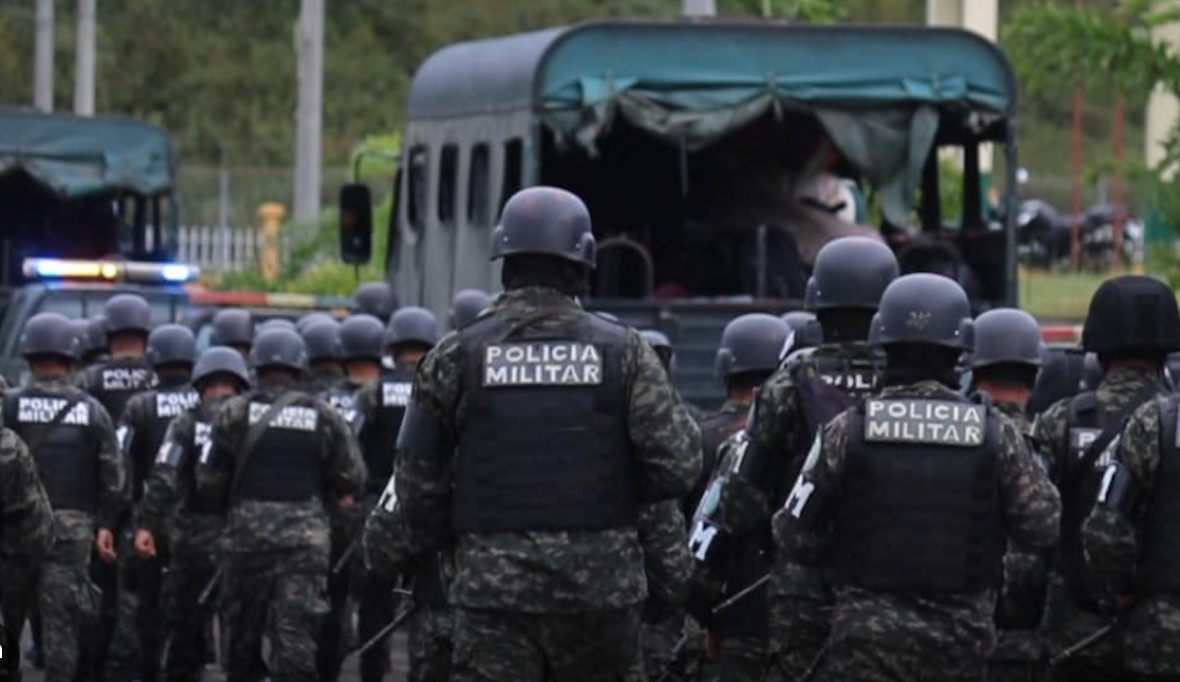In summary, Honduras implemented a state of emergency to combat gang violence, inspired by the perceived success of a similar strategy in El Salvador. However, after a year, reports suggest that the results have been limited and mixed. Despite increased security efforts and the suspension of constitutional rights, violence against civilians has continued unabated. The crackdown may have unintended consequences, such as the spread of violence to new areas and an increase in extortion cases.
Unlike El Salvador, where a ruthless anti-gang crackdown has significantly reduced gang activity, Honduras faces challenges rooted in poor institutional development, corrupt and unstable police forces, and insufficient resources. Police purges initiated in the past did not lead to the necessary rebuilding of a strong and resilient force. The lack of resources and inadequate training further hinders the effectiveness of law enforcement efforts. Additionally, the country’s challenging geography, including mountainous terrain and a large territory, makes it difficult to patrol effectively.
The political commitment to the anti-gang strategy in Honduras is also questioned, as progress in addressing extortion, a primary focus of the state of emergency, appears limited. In contrast, El Salvador’s approach, while successful in reducing gang activity, has raised concerns about human rights violations, mass arrests, and the suspension of due process. Overall, the differing outcomes in El Salvador and Honduras highlight the complex challenges and multifaceted factors influencing efforts to combat gang violence in the region.






0 Comments